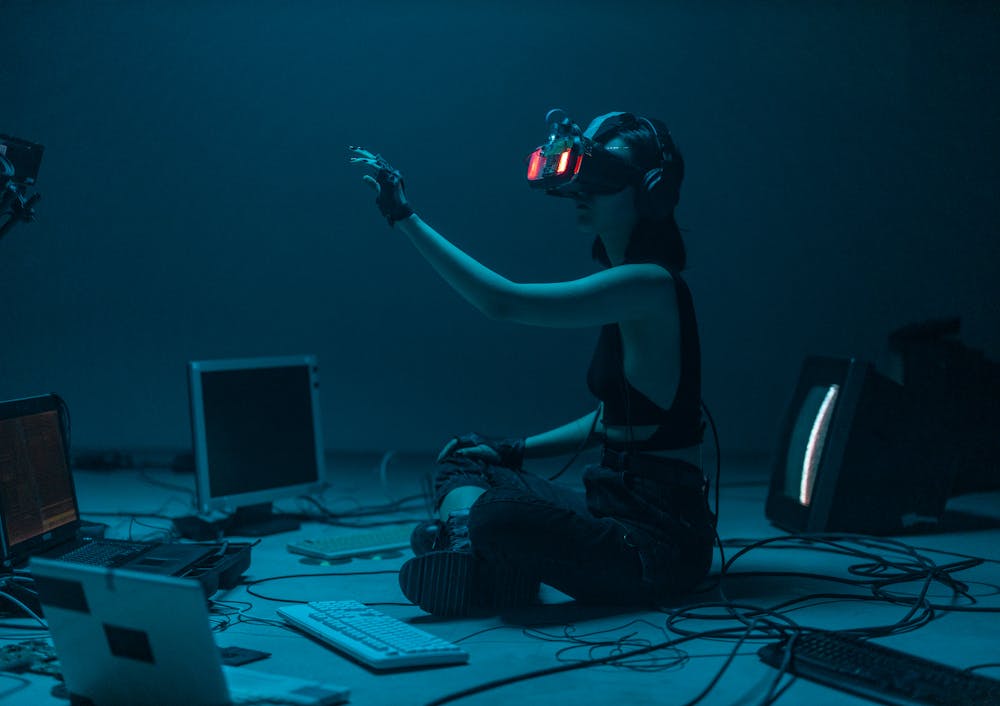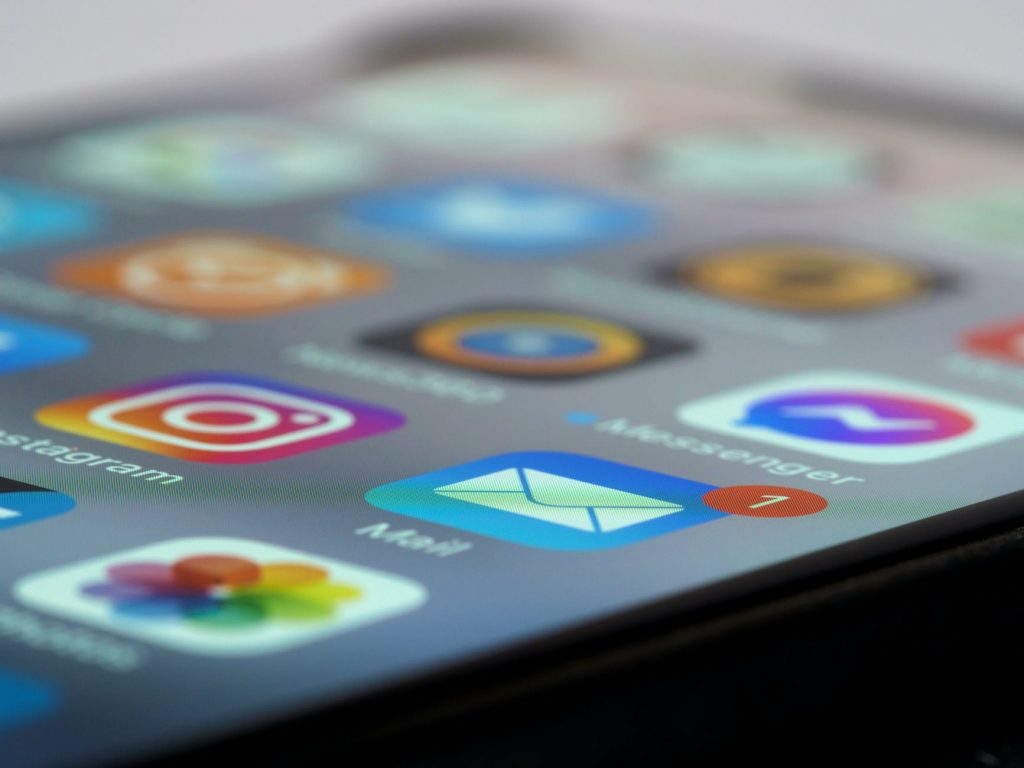Online dating keeps getting bigger and more complicated. Now, artificial intelligence is in the mix, turning old habits upside down. Forget the old scripts—you can swipe, chat, get your bio written, and even get advice from a chatbot that will not judge you if you text your ex back (again).
Dating Apps: More Cash, More Features
Let’s start with the money, since love always finds its way back to someone’s wallet. The dating app market is expected to hit $9.2 billion by 2025. By 2032, that will be closer to $25 billion. That is not only a large number; it points to the endless updates and features that keep showing up on your app store.
AI dating features, like smarter match algorithms and safer messaging, accounted for a market value of almost $8 billion in 2022. By 2030, experts think this value could hit about $12 billion. The reason? Users engage more when features look tailored for them. Dating apps with AI perks have seen a 14 percent jump in user engagement. People stick around longer, hoping the next swipe will give them what they want.
Users Trust AI More Than Their Own Feels
Surveys show more than 87 percent of dating app users believe artificial intelligence will improve their matches. People are so tired of getting ghosted or ending up in “what are we?” talks that they now trust coded formulas to make better calls than their worn-out instincts.
AI does a lot for users. Bumble and Tinder use smart tools to polish photos, auto-generate bios, and screen out explicit or fake images. Hinge wants to roll out even sharper tech to match people based on how they talk, not just how they look. The idea: less surface, more substance. There is even talk of dating coaching features guided by algorithms.
Startups want market share too. Sitch offers weekly match lists and promises a refund if your match ghosts you. Prices range between $90 and $160, so there is a real cost to pushing those awkward first dates into someone else’s hands.
Swipe Left on Traditions: Unexpected Choices and Dating Types
AI in dating is not just about one way to meet people. Some want casual chats, and some search for long-term partners. Others try options like long-distance matching apps, polyamorous dating sites, or a sugar daddy website. There are even apps for fans of reality shows or pet lovers. The point is, choice keeps multiplying, and AI does not judge which path someone picks.
With so many new dating choices, users are now set up to find almost any type of connection. Some match apps promise more privacy. Others advertise deep questions or quirky icebreakers. Even the idea of using a sugar daddy website is only one example in a much larger mix. AI is making it easier for people to find exactly what suits them, not some one-size-fits-all love story.
No More Homework: AI Does the Boring Stuff
Few love filling in forms or user profiles. Now, artificial intelligence builds profiles and recommends the best selfies without asking you to compare five slightly different angles of your dog. AI looks at what you say and shows, then gives suggestions. Most users cannot tell if the result is better than what they would have written, but they are glad to skip the work.
Tired of endless swiping? AI can predict who might match you and pushes those profiles forward. The aim: less wasted time, less accidental matching with cousin Steve’s ex from two towns over.
Who Likes AI Most? Men. (That’s What the Numbers Say.)
When it comes to the idea of having a chatbot as a “partner,” men seem more interested. Data shows men are twice as likely as women to think about AI as a substitute for a real partner. This is not a judgment, just what the surveys say. Maybe men get tired of rejection quicker or are less worried about having their texts overanalyzed. Or maybe men think a bot will not nag about last-seen times.
Big Players, Bigger Plans
Companies like Match Group see the profits climbing as fast as their algorithms. Hinge’s boss, Justin McLeod, has already confirmed plans to ramp up AI matchmaking. Apps are pitching more “personalized” matches. It is not about endless swiping. It is about someone, somewhere, trying to create a match algorithm that understands your personal taste in memes or morning routines.
This goes for safety, too. Bumble and Tinder use artificial intelligence to spot scams or catch unwanted photos before users see them. Some startups do manual checks after an AI scan, which keeps the worst accounts out.
What Users Want (and What Drives Them Crazy)
A survey of 1,191 users lays it out. What annoys people? Fake profiles, empty bios, too many choices, and constant ghosting top the list. What do they want? Better filtering, smarter suggestions, protection from bots, and a painless way to create a profile that does not sound like every other person with a “sarcastic sense of humor.”
People use AI tools like ChatGPT to write more appealing bios. They trust a polished intro more than their old attempts. Many hope that artificial intelligence will weed out liars and time-wasters. Over 40 percent say if artificial intelligence could actually bring the “perfect partner,” they would give up some personal data for that shot at happiness.
Coaching By Bot Is Now Normal
Some apps have bot coaches. The goal: keep users active, help them fix their text game, or suggest better openers so they do not end up in chat purgatory. That is a win, unless someone only wants to talk to real humans.
Is There Such a Thing as Too Much AI?
This is where the arguments start. Some think matchmaking by machine is soulless. Others keep signing up for new apps. There is no rule that says humans have to trust algorithms. But when most people admit that their “intuition” gets them nowhere, asking a robot for help does not feel like giving up anymore.
Final Swipe
AI is pulling online dating away from bad bios and endless swiping. The tech is making it more profitable for app owners and less painful for users. Fewer fake accounts. More tailored matches. Less guesswork. Not everyone loves the idea, but most people are tired enough of doing things the hard way that they are ready to try anything—or let AI do it for them.


